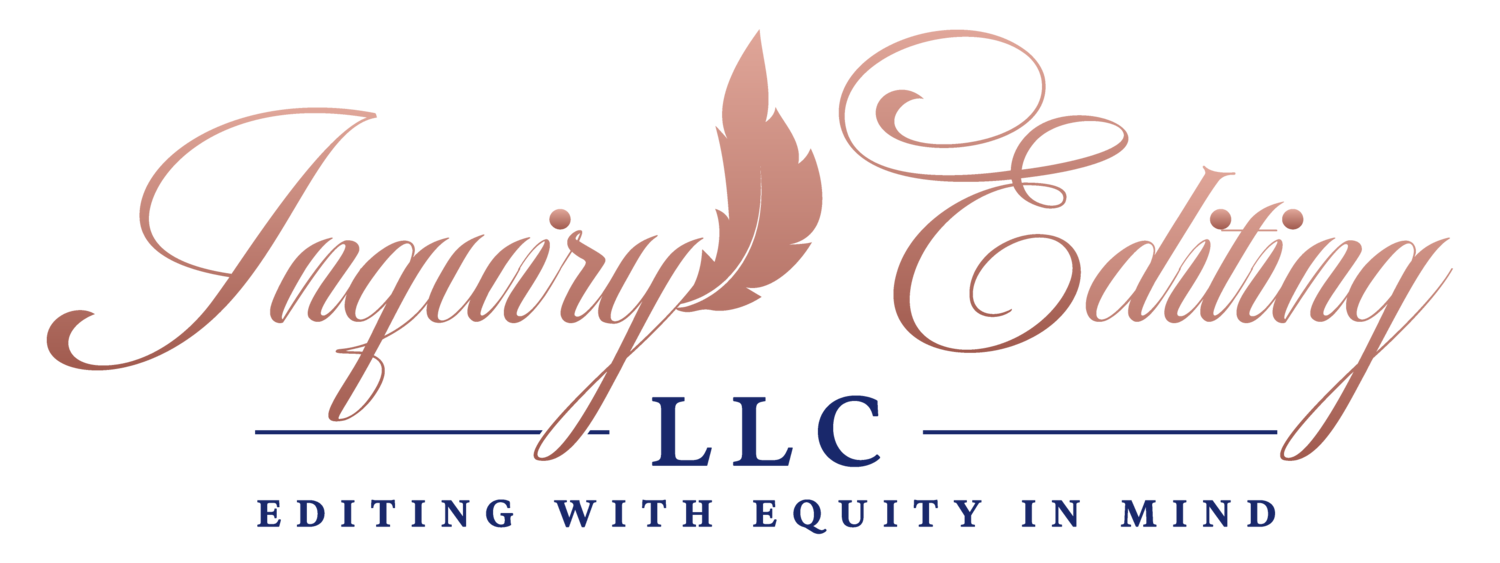Writing Emotions 1: Shame & Guilt
shame – (noun), a painful feeling of humiliation or distress caused by the consciousness of wrong or foolish behavior
guilt – (noun) feeling responsible or regretful for a perceived offense, real or imaginary
Whenever I speak to a writer, I hear the reverberations of these emotions when they talk about not writing. I hear it in the way they talk about taking breaks, even if those breaks are planned fun (e.g., vacation), even if those breaks are obligatory (e.g., teaching, child care, elder care), even if those breaks are forced (e.g., illness, death, moving, the breakdown of technology). Often, writers express these feelings as part of their narrative of how they feel about not writing or not producing certain kinds of writing (e.g., words on a page or screen).
I don’t pretend that I do not understand why writers feel this way. I have felt this way. The structural reasons have to do with the fact that we live in a white supremacist, heteropatriarchal, late capitalist world. Our common narratives, cultural artifacts, systems of government, institutional policies, and various regulatory systems (i.e., culture, government, politics, labor) all connive to suggest that there is a normal and none of us fit it and we ought to always be working to fit it.
Many theologies and philosophies would suggest this is a fundamental human concern: who am I and how do I determine my purpose and value? The personal reasons why I, and other writers, have these feelings has much to do with the fact that many of us understand ourselves as writers. When we are not writing, then, who are we?
Over time, my own shame and guilt over writing has dissipated. Let me explain: Both feelings are self-conscious emotions associated with a negative evaluation of self. When I feel shame, I understand myself as not measuring up, not doing what I am supposed to do. When I feel guilt, I understand myself as having transgressed.
If I shift my understanding of the writing process, then I feel less shame because I understand that “measuring up” shifts depending on the goal. In order to write, I have to live. I have to go out into the world (okay, less so given COVID) and experience it to write poetry. In order to write, I have to read. In order to write, I need space to think. Some people need to perform other steps before they are ready to write: experiments, ethnography, library treasure hunts, conversations, charts, coding, regressions, manicures, nature walks. The point is that writing is not just putting words on a page. It is a multi-faceted, multi-layered, multi-stage process that allows you the freedom to learn before you write.
If I shift my understanding of the process, then I feel less guilt, too. With specific goals for the day or the week or the season, my tasks get easier. So, I do not understand myself as having shirked my responsibility.
Here’s the rub: sometimes you cannot get it done the way you thought you would. Sometimes it takes longer than you thought. This is not a failure. Sometimes you get lost along the way because you don’t know what you’re doing. This is not a failure. Sometimes you need a break. This is not a failure. Sometimes circumstances are out of your control. This is not a failure.
You are not a failure.
You have not failed.
Remember this linguistic fact about shame and guilt: Both feelings are nouns (things), but they can be turned into verbs (actions) that indicate how one is made to feel. Note the passive voice. It is how you are made to feel. These feelings are not internal to you. They get internalized based on various messages we absorb. And, yes, sometimes we are our own shame- and guilt-mongers. The verb, the action, is a process of thought, a narrative, a story.
And, like any story, it can be revised.
If you feel shame and guilt over your writing, how might you change your thoughts about your process? What kind of support might you need along the journey? What kind of accountability might you need along the journey? What might you build into your process to account for the mental strain, the various activities, the human need for pleasure? How might you strategize so that your own narrative about writing feels better?
